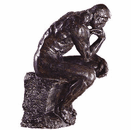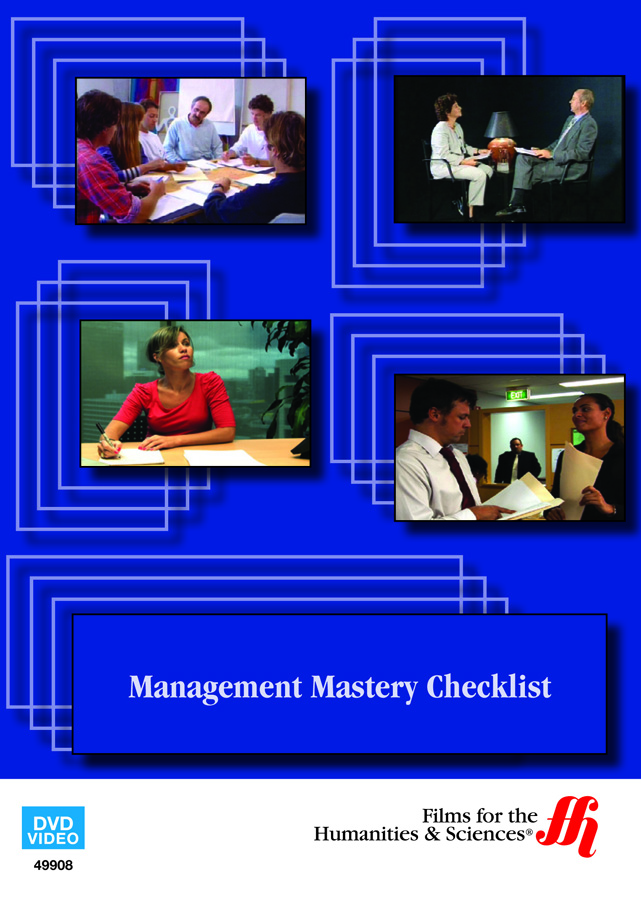Management Mastery Checklist (Enhanced DVD)
Product Description:
Managerial success depends on insight, leadership, and trust. Thought leadership models suggest that diplomats with an entrepreneurial streak will excel as managers of the future. Knowledge organizations benefit the most from experienced individuals with strong innovation as well as motivation skills. What comes out of this new approach to of contemporary business strategy is are a whole host of change management techniques.
How competent a manager is at guiding a team or organization has much to do with their ability to anticipate the magnitude of decision making in relation to a given scenario. Human capital is part of this equation, and contemporary managers are called on now more than ever to respond to employees and other stakeholders with ethical and mutually beneficial solutions.
The mobilization of value added propositions in business strategy, illustrates the practical measures that managers are taking to fulfill their promise to the people they lead. From lean and agile operations models, to charismatic trainers, companies are always looking for mechanisms to induce growth. If the ideal business world is comprised of a landscape of ingenuity, intelligence, and leadership integrity, the daily challenges posed to managers are usually far from such ideals.
Part of building trust is leading by example. Teams require consistency and fairness for equity in outcome to be experienced during and post a project. Leaders who are inspirational tend to offer positive feedback, communicating the value of a team member effectively to sustain loyalty. A supportive and open organizational culture, where honesty is apprised, is the result . By focusing on results not behaviors, a team will attain its original goal. Educational materials are available online.
Management Mastery Checklist
How competent a manager is at guiding a team or organization has much to do with their ability to anticipate the magnitude of decision making in relation to a given scenario. Human capital is part of this equation, and contemporary managers are called on now more than ever to respond to employees and other stakeholders with ethical and mutually beneficial solutions.
The mobilization of value added propositions in business strategy, illustrates the practical measures that managers are taking to fulfill their promise to the people they lead. From lean and agile operations models, to charismatic trainers, companies are always looking for mechanisms to induce growth. If the ideal business world is comprised of a landscape of ingenuity, intelligence, and leadership integrity, the daily challenges posed to managers are usually far from such ideals.
Part of building trust is leading by example. Teams require consistency and fairness for equity in outcome to be experienced during and post a project. Leaders who are inspirational tend to offer positive feedback, communicating the value of a team member effectively to sustain loyalty. A supportive and open organizational culture, where honesty is apprised, is the result . By focusing on results not behaviors, a team will attain its original goal. Educational materials are available online.
Management Mastery Checklist
- DVD
- ISBN 978-1-62290-917-9
- Run Time (14 Minutes)
- Copyright 2001
- Closed Captioned (CC)
Customer Reviews
Copyright © 2002-2025 Madison Art Shop™ LLC. All Rights Reserved.

















